News
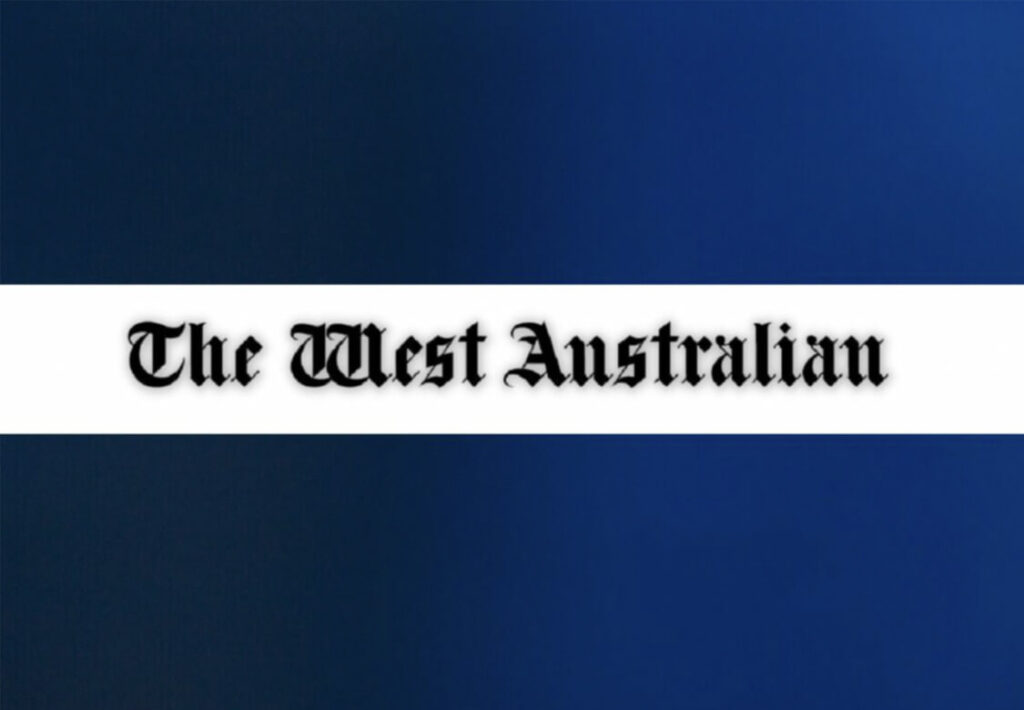
WA Environmental Protection Authority assessment blowouts drag on approval timelines for new mines
Mining approvals in WA remain stubbornly slow, according to the latest State Government analysis, stoking fears about the prospect of more bureaucracy.

WA being left behind by east coast-centric Labor Government
If WA’s current situation were a character in a film, we’d be the unsung hero, the reliable sidekick, the supporting character who does the heavy lifting but never gets the credit- at least not from Canberra under the Albanese Government.
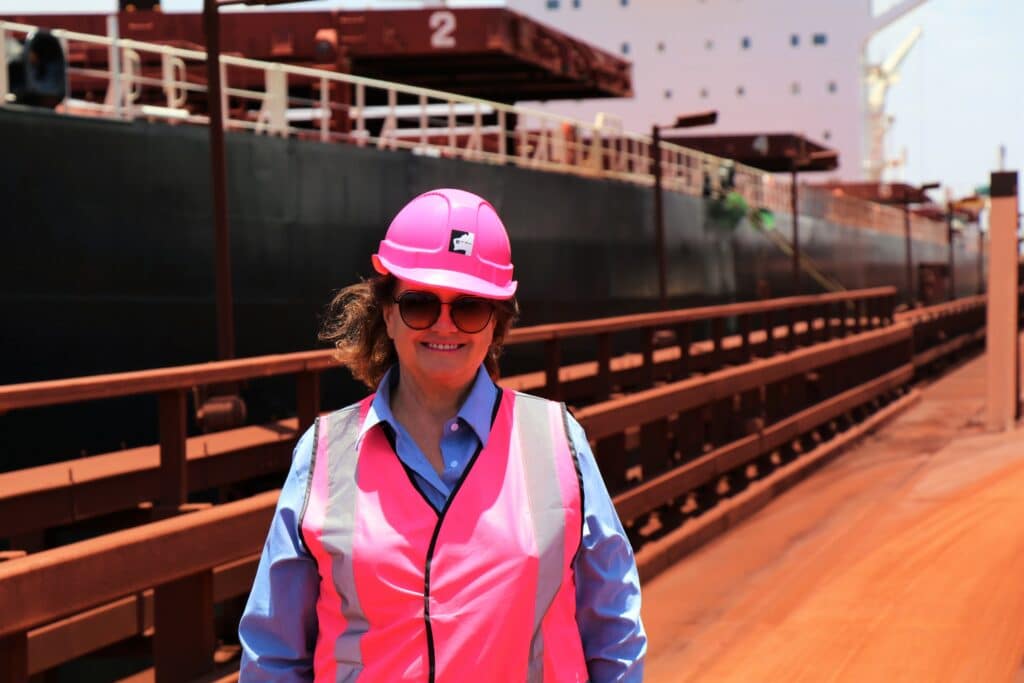
New Rinehart mine brings jobs to WA
Gina Rinehart’s Atlas Iron has been given the green light to build a new iron ore mine in Western Australia, but what will it mean for mining jobs?

Big government, bad government
Frustrated voters across the world are getting less and less from their countries’ administrations that are all continuing to grow and grow.
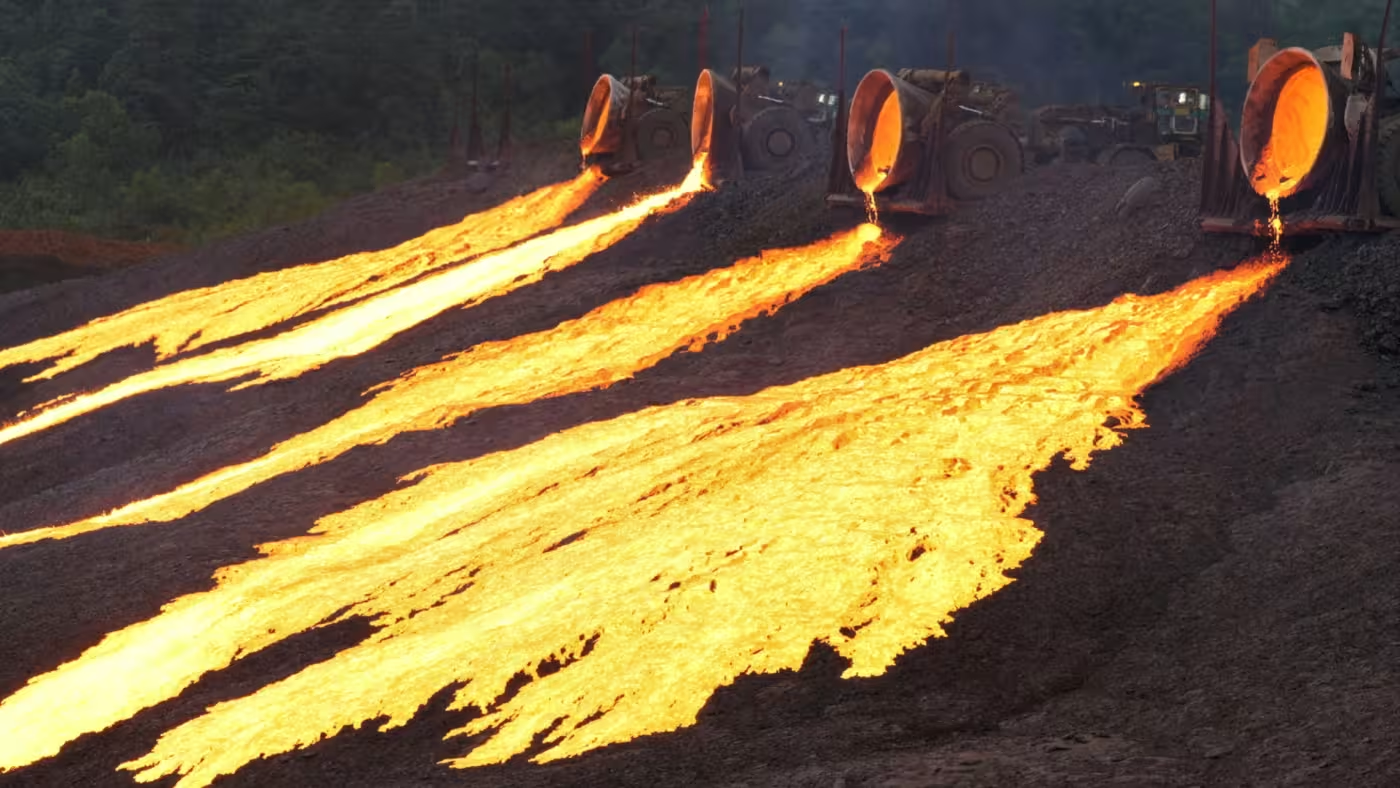
Western nations join forces to break China’s grip on critical minerals
Western nations are directing their development finance and export credit agencies to work with private industry to support critical minerals projects, in a drive to break China’s chokehold over a sector that is essential for high-tech industries.
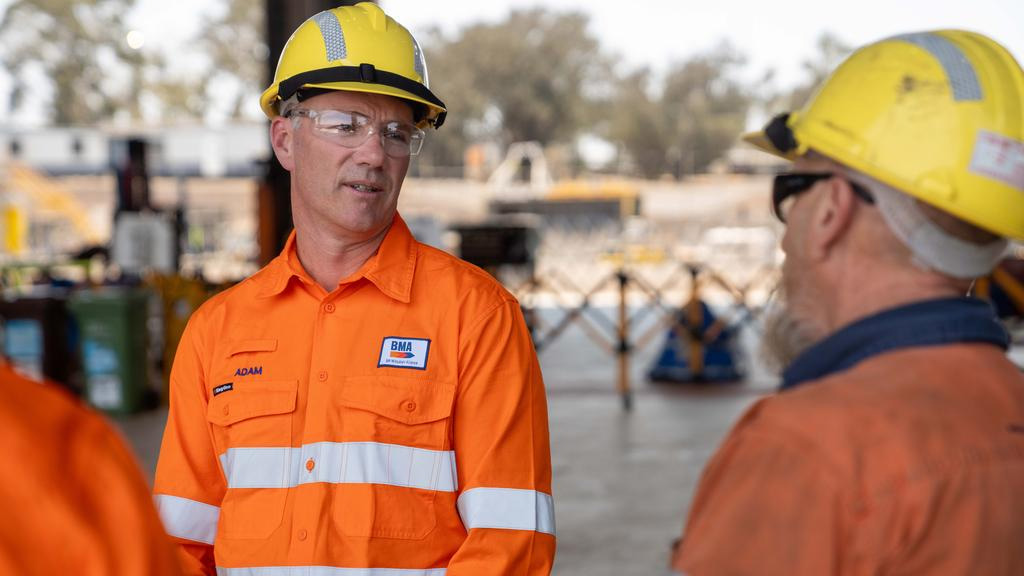
Coal giant warns of return to strikes and lockout in sector
The boss of coal giant BHP Mitsubishi Alliance has warned of a return to an era of lockouts and strikes under Labor’s controversial industrial relations reforms.
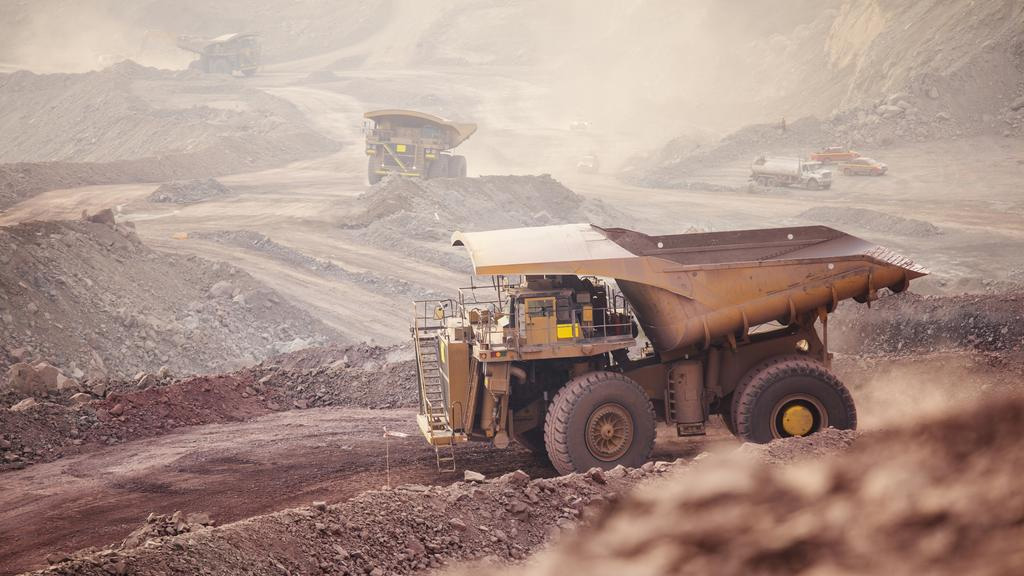
AMEC urges mining regulation overhaul with new projects mired in red tape
Mining and exploration companies want state and federal governments to overhaul regulatory frameworks and mandate appropriate environmental outcomes in a bit to reduce approval times and keep Australia an attractive place to do business.

No excuse for gas shortfall: Santos
There are no excuses for gas shortfalls in Australia and authorities must press ahead with unlocking the abundant reserves, a senior executive at Santos has declared.
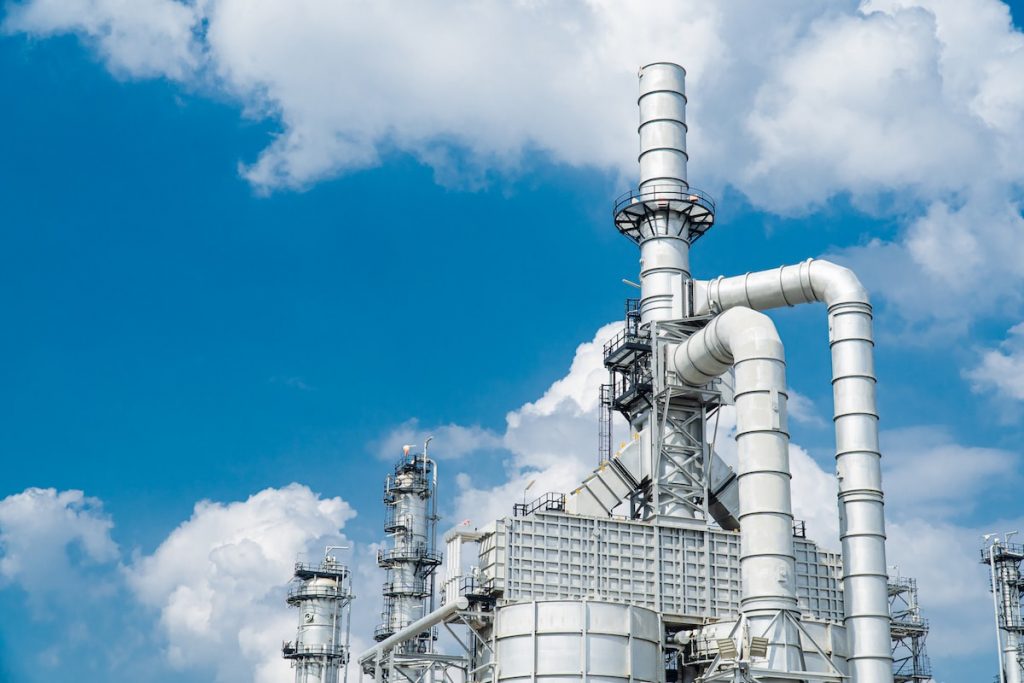
Senex breaks ground at $1b gas expansion project
Drilling has kicked off at Senex Energy’s $1 billion expansion project in Queensland’s Surat Basin.
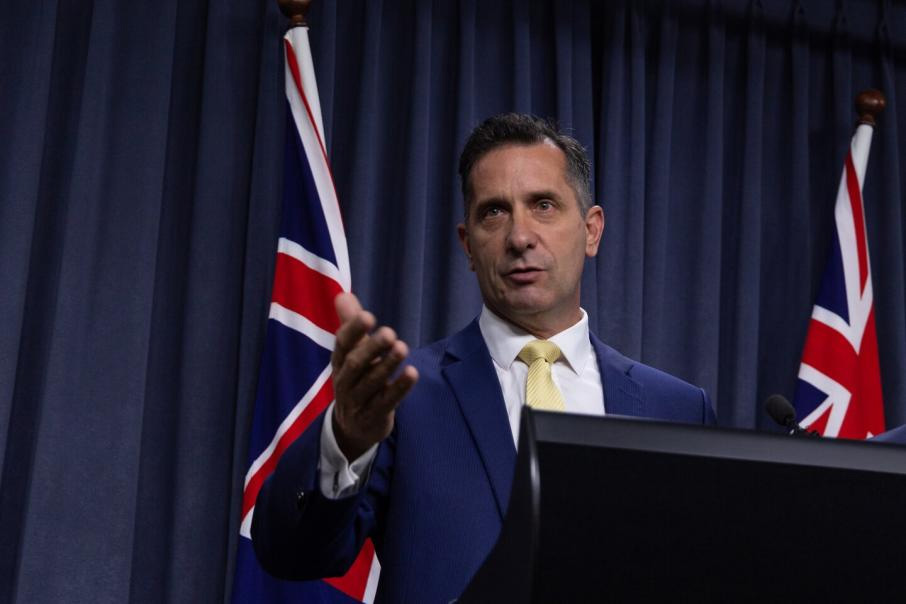
Papalia backs Rinehart’s Pilbara defense push
WA Defence Industry Minister Paul Papalia has endorsed the thinking behind Gina Rinehart’s Pilbara ‘iron dome’ concept, as the state pushes for protection of its economic heartland.
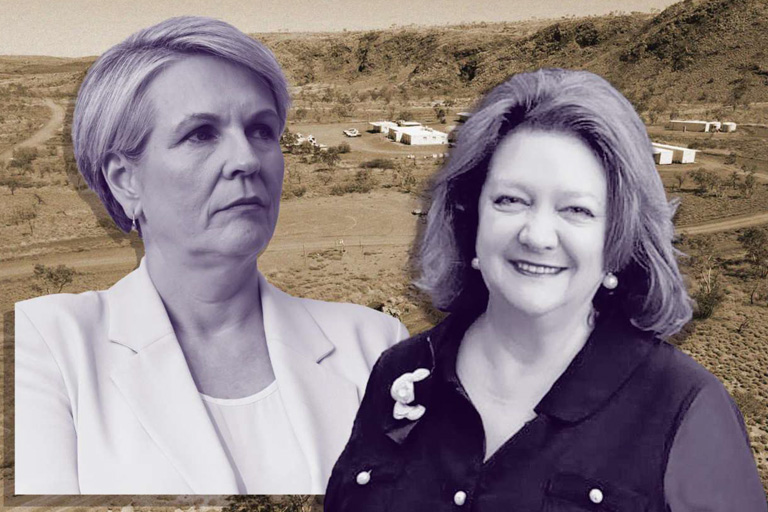
Rinehart sees red over mine drama
Australia’s richest person hits out at inefficient approvals system as Federal Government finally approves $600m project.
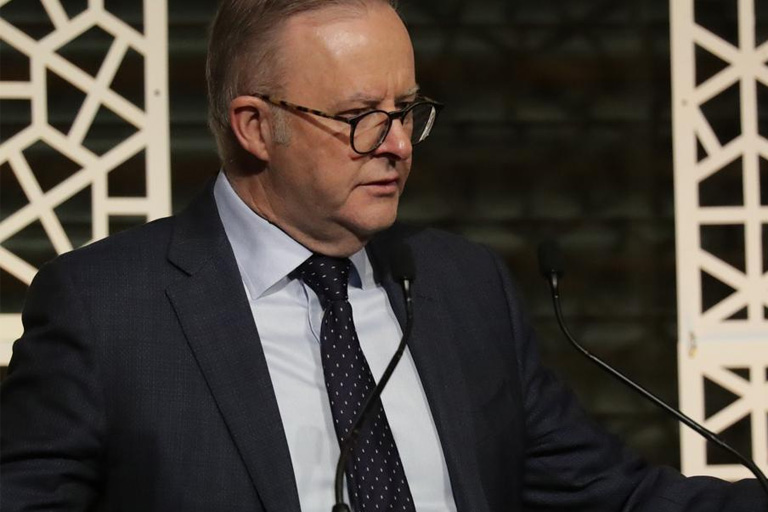
Rita Panahi: Big business now awake to the woke Albanese government
Corporate Australia is finally waking up to the threat Labor poses to the business sector, as the Albanese government, filled with radical ideologues, finds new and creative ways to thwart development.